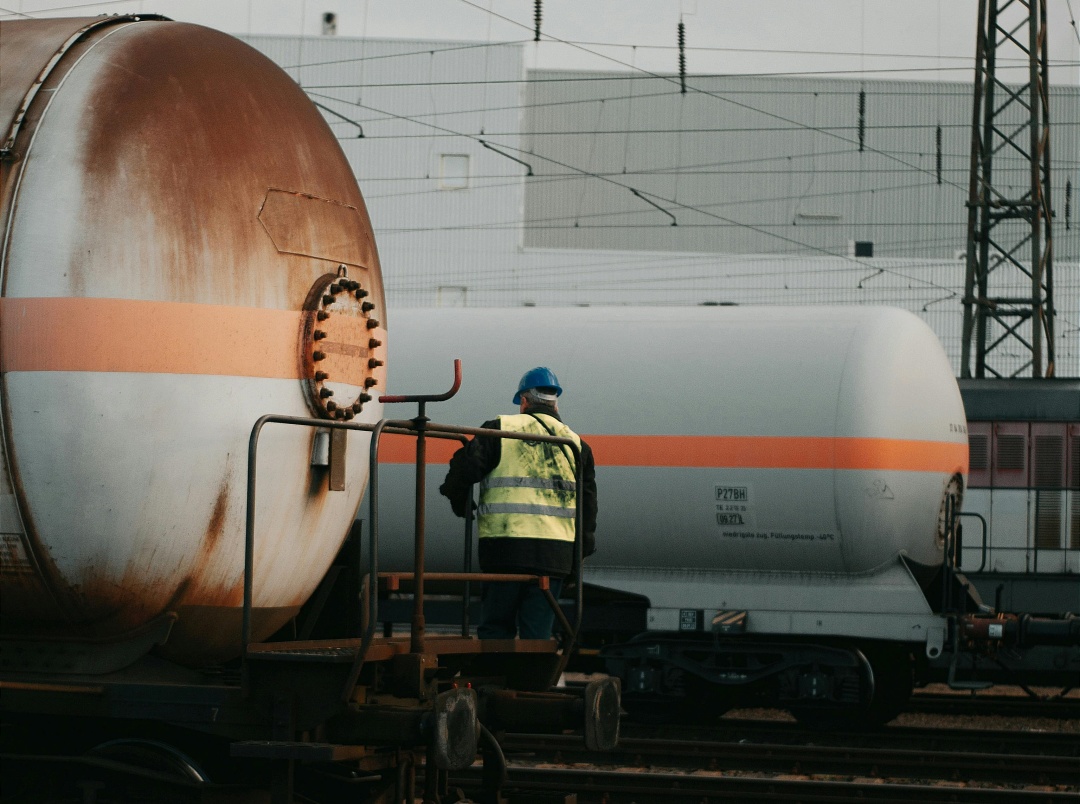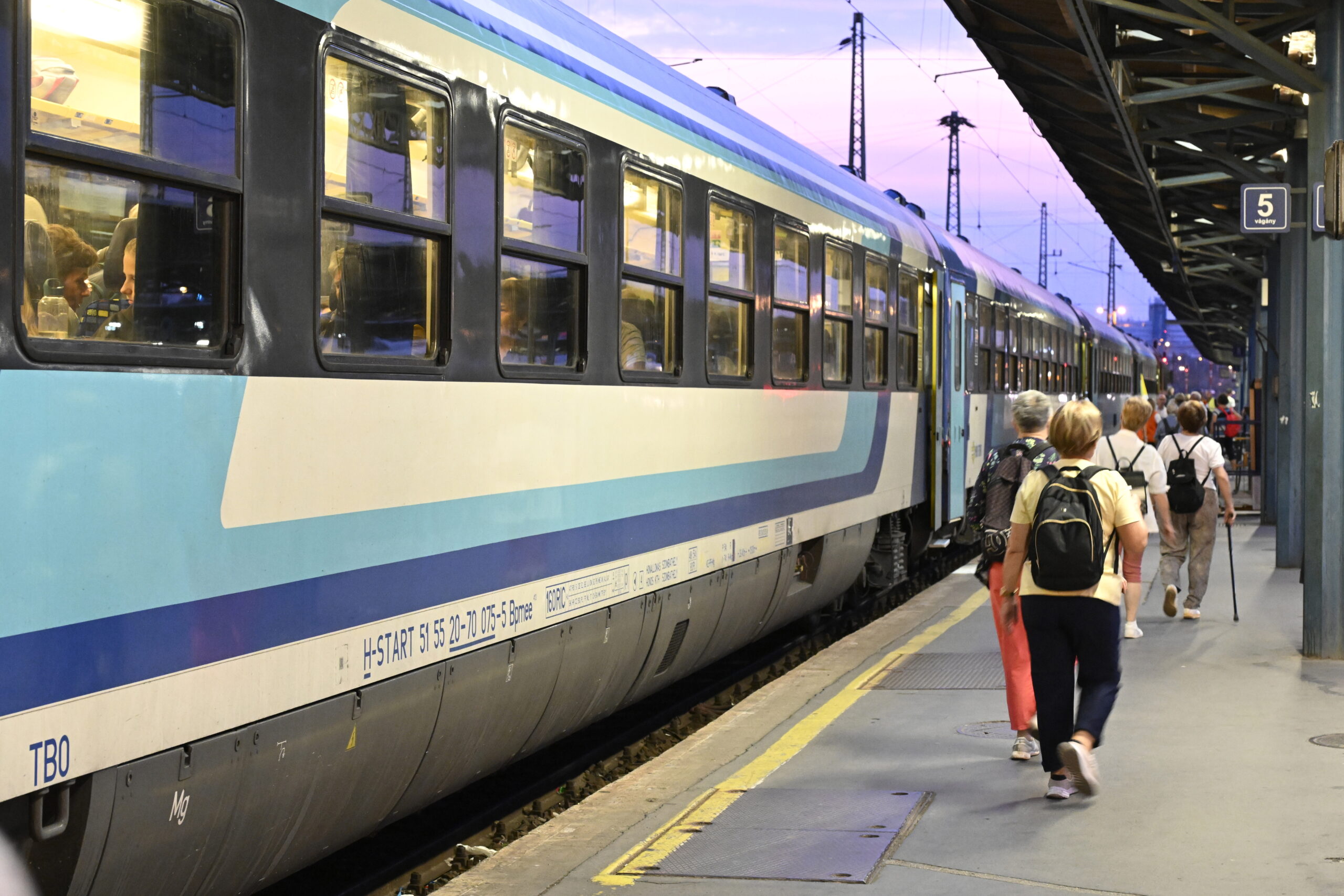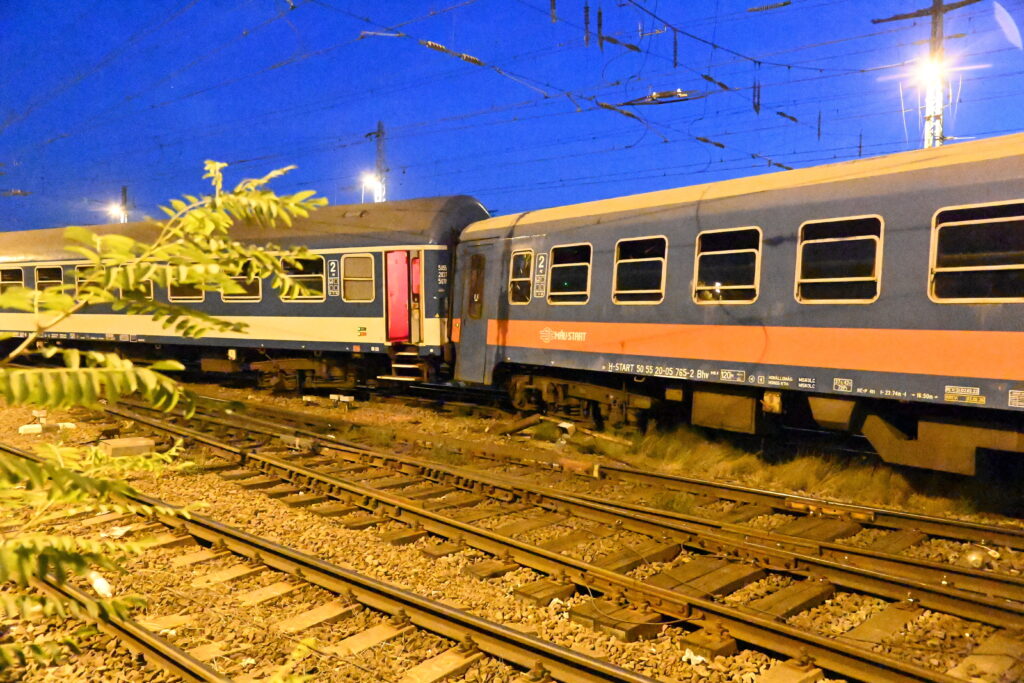
1,800 billion forints (4.5 billion euros) have been spent on railway development to make public transport faster.Continue reading

The Budapest Keleti Railway Station will be closed for four weeks from August 25 to September 20 due to renovations, the CEO of the MÁV Group (passenger transport company) announced in a video posted on Facebook on Monday.
Zsolt Hegyi recalled that at the end of last summer and the beginning of autumn, two derailments highlighted the need to accelerate the renovation of Keleti Railway Station, the country’s busiest railway station. As CEO of MÁV, one of his first decisions was to launch the Keleti Program last autumn, he noted. “However, the lion’s share of the work is yet to come: from August 25, the station will be completely closed for four weeks while its technical condition is renovated,” he said. The CEO explained that switches, tracks and overhead lines will be replaced, and interventions will be carried out on a scale that will ensure the smooth operation of Keleti Railway Station for years to come.
The closure of the country’s largest railway station can never come at a good time, because track closures always mean longer travel times and inconvenience, he explained. Hegyi thanked passengers in advance for their patience and said that as with the track closure at Rákosrendező, alternative Volánbusz bus services are being prepared and they are working closely with BKK (Center for Budapest Transport). The Keleti Program is MÁV’s largest track maintenance project in 2025, the CEO emphasized in the video.
Regular services will temporarily not arrive at or depart from Keleti Railway Station, the MÁV Group pointed out in a statement.
The traffic changes will significantly affect passengers traveling on the Győr, Pécs, Hatvan-Miskolc, and Újszász-Békéscsaba railway lines.
The MÁV Group is setting up several transfer points along the affected lines in Budapest, which are easily accessible from all parts of the capital by HÉV (“Budapest Railway of Local Interest”) and Volánbusz services, as well as BKK services.
According to the information provided, the largest investment since the 2019 renovation will be carried out at the Keleti Railway Station. Most of the work will affect technical areas, with a smaller part affecting passenger areas. During the complete suspension of traffic until September 20, experts and machinery will be working around the clock.
Rails, switches, and over 2,000 railroad ties will be replaced, track ballast will be replenished, and ballast tamping will be carried out over a three-kilometer section, tracks will be adjusted over 14 kilometers, and the overhead line network will be repaired over approximately 16 kilometers.
In addition, maintenance and replacement of the electrical distribution equipment supplying the station’s operational and passenger areas is planned, as well as connecting them to a remote monitoring system. The platform between tracks 1 and 2 will be rebuilt, maintenance will be carried out on all platform roofs, and repairs will be made to the platform walkways.
Several solutions are available for organizing temporary traffic arrangements for the increased commuter and school traffic expected from the beginning of September, as well as for redirecting the traditionally heavy long-distance traffic in the summer, hence the investments were deliberately timed to coincide with the end of the school holidays, reads the statement.

Intercity train derailed near Keleti Railway Station on August 25, 2024, causing significant restrictions, delays, and train cancellations. Photo: MTI/Mihádák Zoltán
The derailment that occurred last fall was slightly less serious: an axle on the locomotive of a slow-moving train derailed in the early hours of the morning due to a broken rail, but no passengers were on board. Although from a technical point of view this incident was not related to the one at the end of the summer, together they clearly indicated that the station’s infrastructure was reaching the limits of its capabilities, foreshadowing the need for urgent intervention to ensure the safe operation of the system.
Via MTI, Featured image: MTI/Lakatos Péter